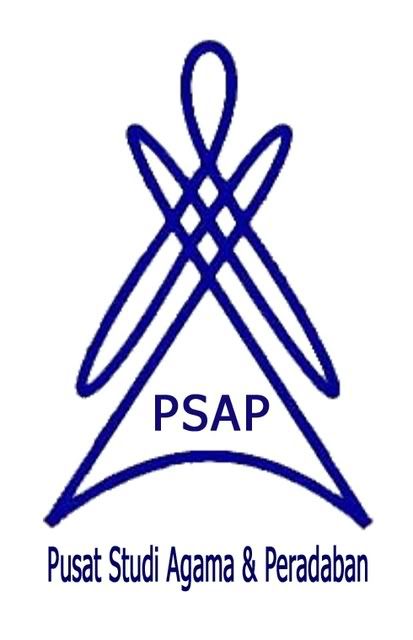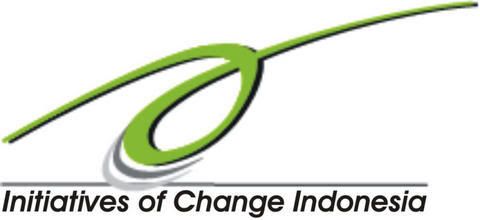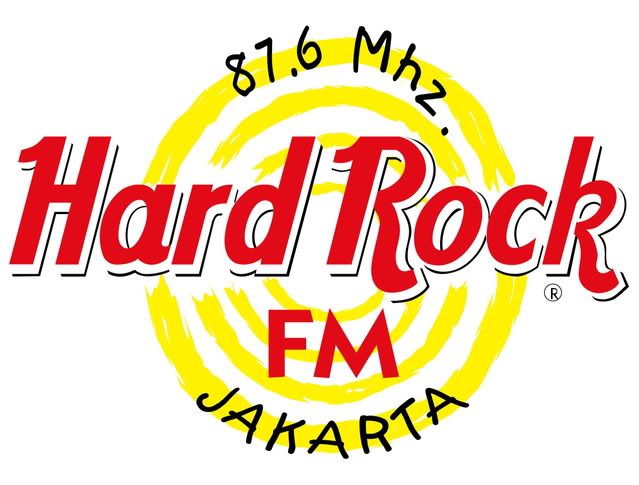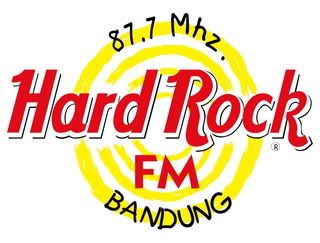1. Reflection and Quiet Time
a session at the start of each day to inspire participants and reflect on issues relevant to the conference themes. The usual format involves a short presentation, followed by a period of silence to reflect on the theme(s) discussed. There is also an opportunity for sharing any new insights.
2. Plenary Sessions
A talk show plenary sessions will have a theme for each day. Each session will involve a panel of speakers expressing their perspectives and life experiences.
Session I
Toward a Peaceful World Sustainability
- What is a Peaceful World?
- Dialogue Among Civilizations for Peace
- Future of
- Youth and Peace Movement
Session II
Toward the Millennium Development Goals
- World Challenges and Current Achievement of MDGs
- World Youth Movement on MDGs
Session III:
Strengthening Youth As the Agent of Change
- Youth Empowerment in the New Millennium
- Youth Entrepreneurship
- Searching for a Common Ground: Strengthening Youth to Build a Global Action
- Creating Youth Alliances as Peace Makers
3. Family Group
Time each day is spent in small groups of around 10 people, where each individual is invited to share his/her life story. It is an opportunity to deepen relationships and build mutual trust amongst participants.
4. Focus Group Discussion
In focus group discussion, participants will discuss and priorities issues of concern from 3 sessions before for renewed and fresh youth concern drawing together the common threads of the conceptual framework expressed in the workshop, City Tour, Live-In Program, social action, and working group discussion.
Participants will meet in sub-regional groups that may be further sub-divided base on geographical location and context, and also base on topic from organizing committee: Youth and Peace; Youth and MDG’s Challenge; Youth as Agent of Change.
The result of focus group discussion will be important for the formulation of the Strategic, Action after program, and Declaration of International Youth Forum.
5. Cultural Night
Each country represented at the conference will be offered an opportunity to share their history, culture and customs. The intention is to build greater understanding of the diversity of this region, and respect for each others traditions and history.
6. Workshop
Workshop will give us time to reflect for issue that we receive in session, and deliberate on selected issues and concern within divers realties of our region, social relevance, responsiveness, and institutional viability. They will be the impetus for all as good global citizen to move forward in fresh ways towards engagements that will transform communities for sustainability and abundant life. Participants will able to choose to participate in two workshop of their choice.
Many of facilitator will be colleague and friends who are delegates themselves with practical experience in related topics to bring forth ideas for our vision of our future work.
List of Worshops:
Workshop (I)
Peace: Multicultural, local wisdom, peace building
Youth’s Role and Movement: The role of youth in public policy, ethic and youth leadership, youth as the agent of change.
Workshop (II)
MDGs: Poverty, Health, HIV-AIDS & Drug Abuse, Education, Environment, Global Partnership, Maternal Health, Gender Equality
This session will be held on June 26, 2008
7. International Youth Day Exhibition
This exhibition will be the further opportunity for sharing and learning together how NGO and Youth Organization have been doing their mission, and contributing towards social transformation.
The exhibition will also serve as resource/ information points of best practices and models that may be replicated. Participants are encourage to reflect on, and learn from these case stories of actions, exchange information and concerns, as well as to explore possibilities for similar actions.
This session will be held on June 26, 2008
8. Exposure Visit
This session will be held on June 27, 2008
9. Live-in Program and Action Projects Program
Live with community 1 (one) night in addressing social issues, youth, the environment, religion, education, etc. will show us the social challenge for youth. The exposure have been carefully selected to bring us closer to the people, their lives, their struggle; to the earth and nature to” hear” their groans amidst the pain and destruction inflicted on them; and to experience the beauty and joy of God’s creation and hope for the future.
This program is an opportunity for people to people dialogue. It can be learning platform into inner issues, the hidden issues impacting the community. In other words, this exposure may taken as an effort to see what has laid open… hence community exposure can be taken to be an effort to see the realities as they are openly laid open for participants to see and experience.
By experiencing live with community 1 (one) night we hope create further interaction, or exchange stories can change attitudes and mindset not only of us, the “guest”, but also the “host” in community.
Live-in and social action place:
1. Pesantren Darul Arqam Muhammadiyah
2. Al-Musaddadiyah School
3. Kel. Sukajaya, Kec. Tarogong Kidul Communities
4. Kel. Sukaratu, Kp. Kaum Rendeng Communities
5. Pesantren Persis & Silk Makers at Rancabogo
6. Kel. Sukaratu Kp. Sompok
7. Handicraft Makers at Sukaregang
8. Traditional Tea Industry at Cilawu
9. Sheep Ranch at Situ Bagendit
10. Handicraft Makers at Samarang
This sessions will be held on June 28-29, 2008








2 comments:
It is too bad that I got information about this event very late..
So, what can I do to participate in this forum? Like.. do we have any particular qualification in order to participate in the workshop or anything?
thank you very much..
A learning program is a co-ordinated sequence of modules designed to meet a particular learning objective or objectives. Programs can be "blended" in that they can combine both synchronous and asynchronous modules, and both online and offline modules.
Typically, you would create multiple sessions for a particular program if you have essentially the same sequence of modules taking place at different times, or in different geographical locations. For example, you might have a Spring 2007 session and a Fall 2007 session for a particular program. Usually an individual learner would be enrolled in at most one session of a particular program.
-------------
Tanyaa
Social Marketing
Post a Comment